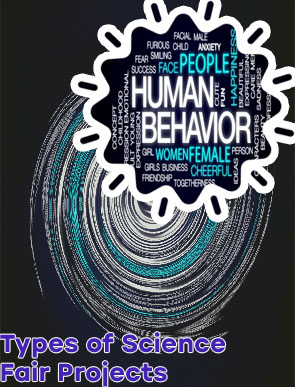

- Law definition science
- Stem activities space
- Bio science meaning
- Stem grants
- What are some good science fair projects for 6th graders
- Kindergarten science fair projects
- Easy stem projects
- Chemistry meaning in science
- Stem science for preschoolers
- Stem programs near me
- Actuarial science and mathematics
- Science and engineering
- Science technology and engineering
- Meaning of materials in science
- Astronomy science fair projects
- Stem science
- Math and science summer programs
- Actuarial science course
- Easy science fair projects
- Good science fair projects
- Mathematics for social science
- Science exhibition board decoration
- Science projects for class 7 working models
- Science grants for schools
- Physical science definition
- Geodesic dome science fair project
- What is stem field in science
- Science and technology
- Science fair projects for class 10
- Science fair chemistry projects
- Stem
- Science fair projects
- Stem science projects
- Biology working models for science exhibition
- Stem life science
- Kitchen science experiments
- The academy of motion picture arts and sciences
- Night life academy of sciences
- Elementary science projects
- Organic definition in chemistry
- Baseball science fair projects
- Coding science fair projects
- Academy of science
- Science fair baking projects
- University of agriculture science
- Life meaning in science
- Science fair volcano
- Master of science in finance stem
Behavioral science projects
Office Supplies
Behavioral experiments take different forms, often broken down in to ‘hypothesis testing’ and ‘observational’ forms. Behavioral science fair projects Introduces the reverse translation of behavior from the animal laboratories of Pavlov and Skinner to the world of human behavior change via applied behavior analysis, and back to the socially significant behavior of animals that live in proximity to humans. Discusses how to identify problem behaviors of dogs, cats, and other animals and how to ethically assess and analyze these behaviors through this lens, as well as how to design an ethical course of intervention.
Behavioral and social sciences science fair projects
Students about the Research Master in Behavioural and Social Sciences at the University of Groningen. From Idea to Institution: the Behavioral Science Center in Nepal Oxford University Press is a department of the University of Oxford. It furthers the University's objective of excellence in research, scholarship, and education by publishing worldwide
Supporting Breakthroughs To Meet Diverse Mobility Needs
Aviezer, H., Trope, Y. & Todorov, A. Body cues, not facial expressions, discriminate between intense positive and negative emotions. Science 338, 1225–1229 (2012). Behavioral science Anzelone directs MDRC’s Center for Applied Behavioral Science, where she leads studies that apply behavioral insights and human-centered design to improve outcomes that reduce poverty.